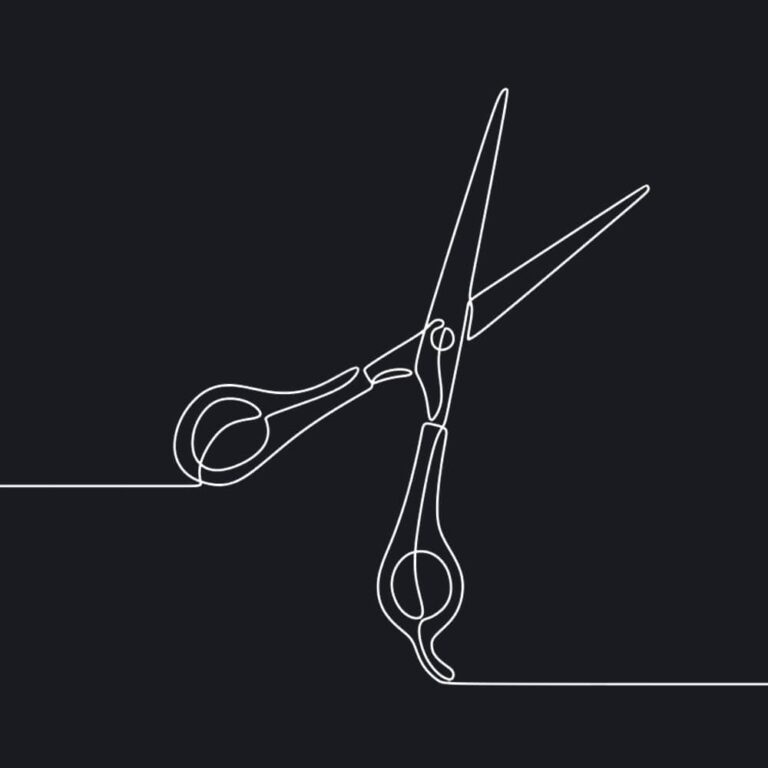
True Specialist
Many years ago, I decided to focus on a singular task—women’s haircutting. Over time, I noticed that the individuals arriving at my Melbourne studio shared something in common: each had challenging hair. Regardless of their hair type or personal situation, they all shared a common appreciation of a professional who takes their work seriously. As a result, I decided to use my expertise to help women with a history of difficulty or disappointment. After consistently achieving success in this endeavour, I decided to market myself as a specialist so those in need can easily find me online.
Unfortunately, hairdressers increasingly and falsely market themselves as ‘specialists’ despite lacking the necessary expertise or understanding of its meaning. Here’s the thing. Any hair salon that offers a wide array of services is a generalist and not an honest, technical or reliable specialist. Clearly, a specialist has a singular focus and service offering. Ultimately, their misleading marketing is why I use the term ‘true specialist’.
Criteria
As I’ve been working with and supporting challenging hair textures for over 30 years in multiple countries, I believe the following criteria are reasonable before any hairdresser uses the term ‘specialist’ in their marketing.
- The hairdresser or salon provides a singular service, not multiple services.
- At least 75% of clients align with a stated specialist service offering.
- When supporting curly hair, no less than 40% of clients are from culturally diverse backgrounds.
- Results meet or exceed the needs of every client, regardless of their hair type, curl pattern, density, and length.
- Results are not product-reliant and support each person’s individual styling preferences.
- Results are not limited to a singular personal or creative bias—unless that bias is clearly stated in marketing materials.
- Experience within a stated specialist focus for at least ten years.
Specialist Clarification
So, am I a curly hair specialist? Looking back, it wasn’t until I passed the 20-year point of my career that I felt experienced enough to make that claim. That said, while 75% of my clients have curly hair from varying cultural backgrounds, the remaining 25% consists of other challenging textures and situations that also need my expertise. A significant number of these clients have fine or thin hair concerns. Like curly hair, people with fine hair also struggle with blunt cuts that are flat and shapeless. While I feel that marketing myself as a curly hair specialist is honest, I take steps to ensure these individuals know I have genuine specialist expertise to help their needs, too.
Ultimately, my core principles offer a necessary alternative for women that the hair salon industry does not readily support. The combined client situations and their ongoing bookings contribute to thinking I am more than just a curly hair specialist. A women’s haircutting specialist must work with complex hair types equally and exceptionally well. Without a doubt, that is my focus. I thoroughly enjoy working with any texture or situation considered challenging to resolve. Ultimately, providing results that elicit client happiness is everything about why I love my job.
Level 1/94 Smith Street Collingwood, VIC 3066
[email protected] | 0433 359 478
© 2024 Tom Zappala | Sitemap | Terms | Privacy